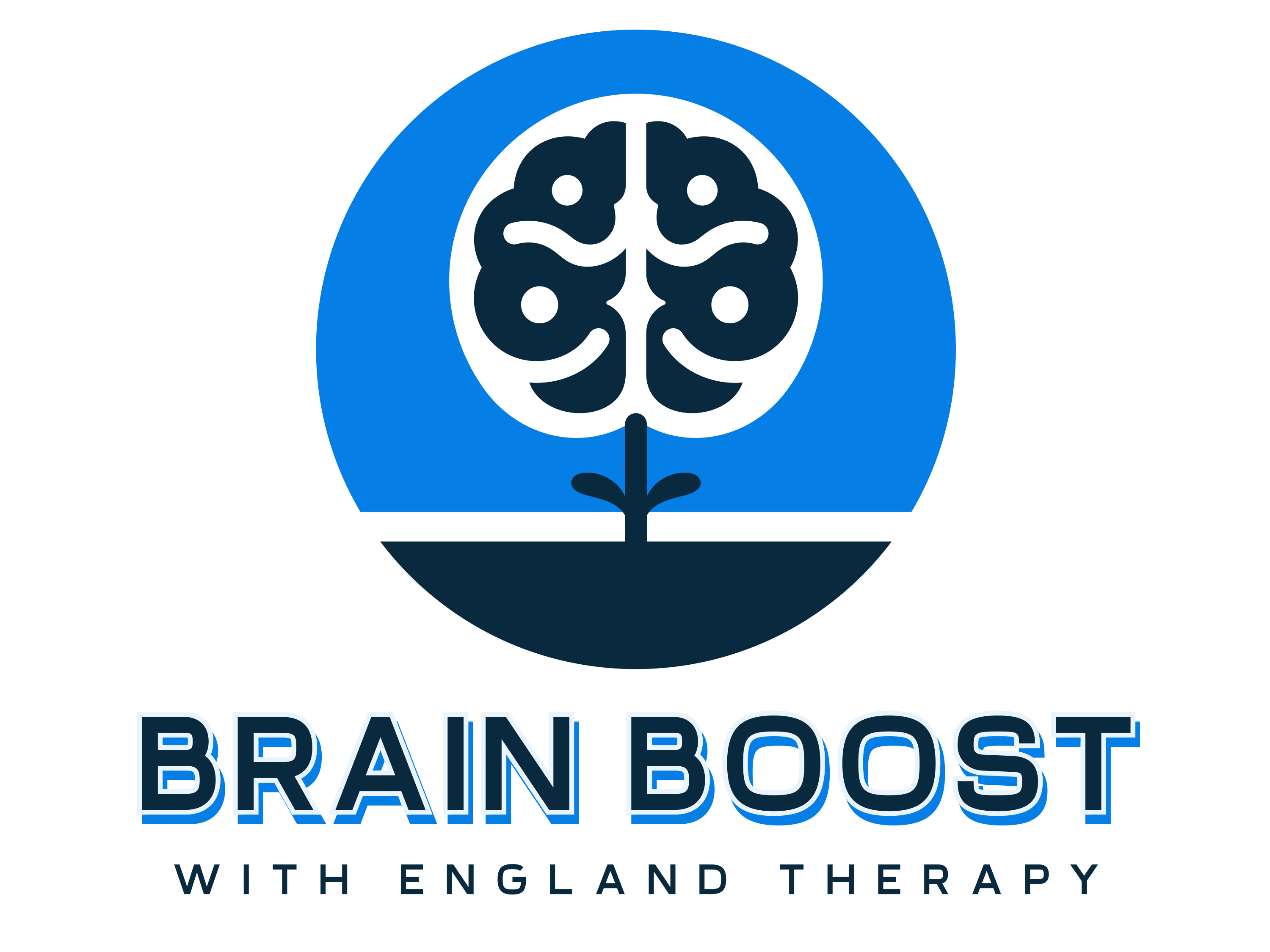
Parenting is a journey filled with joy, challenges, and uncertainties. As your child transitions into young adulthood, you may notice changes in behavior, mood swings, or struggles with various aspects of life. During these times, seeking counseling for your young adult can be a proactive and supportive step towards his overall well-being. In this blog, we’ll explore why counseling is beneficial, how to approach the topic with your teen, and how to support him through the process.
Counseling offers a safe and confidential space for individuals to explore their thoughts, feelings, and experiences with the guidance of a trained professional. For young adults, navigating the complexities of identity, relationships, career choices, and mental health can be daunting. Counseling provides them with tools to cope with stress, manage emotions, and develop healthier patterns of thinking and behavior.
Here are some key benefits of counseling for young adults:
- Emotional Support: Counseling provides a non-judgmental environment where young adults can express their emotions and concerns without fear of criticism or rejection.
- Developing Coping Strategies: Through counseling, young adults learn effective coping strategies to deal with life’s challenges, such as stress, anxiety, depression, or relationship issues.
- Self-Exploration and Growth: Counseling encourages self-reflection and personal growth by helping young adults gain insight into their thoughts, beliefs, and behaviors.
- Improved Communication Skills: Counseling can enhance communication skills, which are essential for healthy relationships and interactions both personally and professionally.
Approaching the Topic with Your Son: Initiating a conversation about counseling with your young adult son requires sensitivity, empathy, and openness. Here are some tips for approaching the topic:
- Choose the Right Time and Place: Find a quiet, comfortable setting where you can have a private conversation without interruptions.
- Express Your Concerns: Begin the conversation by expressing your observations and concerns about any changes you’ve noticed in your son’s behavior or mood.
- Be Supportive and Non-Judgmental: Assure your son that seeking counseling is a positive step towards self-care and personal growth. Emphasize that counseling is a sign of strength, not weakness.
- Listen Empathetically: Allow your son to express his thoughts, feelings, and concerns without interruption. Validate his emotions and reassure him of your unconditional support.
- Offer Information and Resources: Provide information about counseling services, including how to find a qualified therapist or counselor and what to expect during sessions.
Part 2 will discuss how you can support your teen during the process of therapy.
Can we help? Let me know if we can help you get your teen into counseling.

